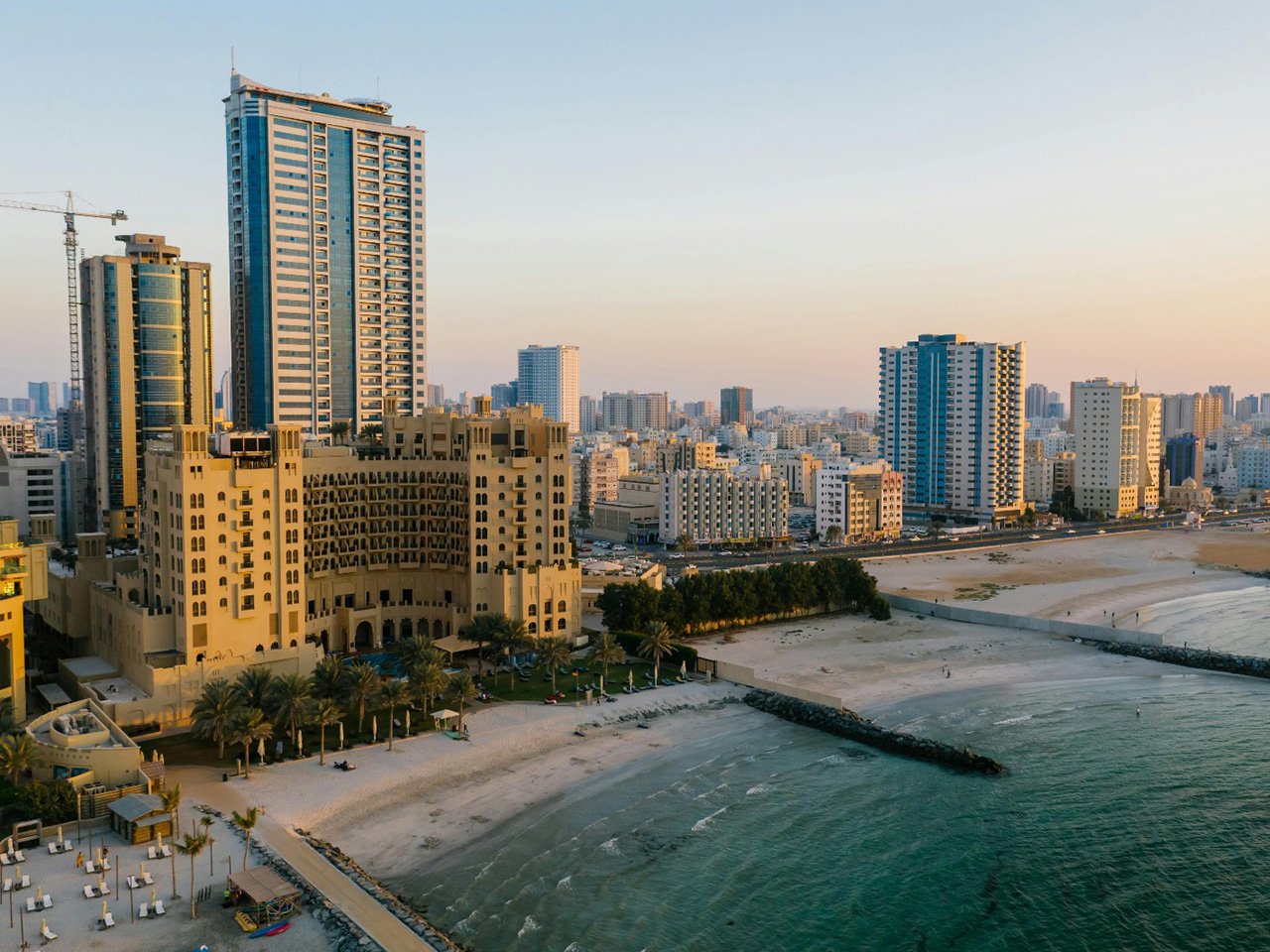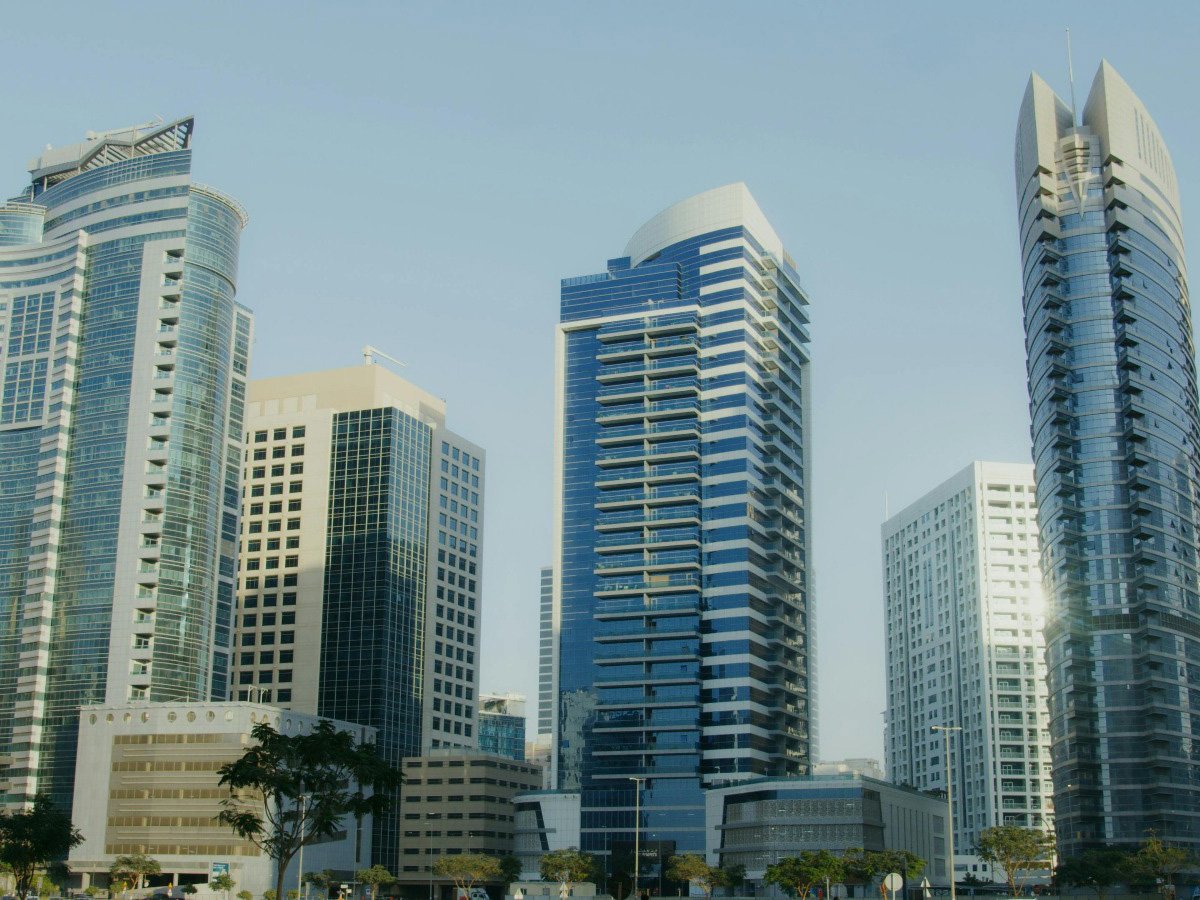Understanding property registration in Dubai can feel like a complex maze, especially for first-time investors or foreign buyers seeking clarity on legal requirements and procedural steps. This comprehensive guide demystifies the Dubai property registration process, covering important aspects like Dubai Land Department (DLD) protocols, required documentation, fee structures, and the legal framework governing property ownership in Dubai. Whether you’re finalizing a real estate Dubai investment or transferring ownership, discover expert insights and actionable steps to ensure compliance, minimize delays, and secure your asset with confidence.
Table of contents
- Understanding Dubai Land Department’s Role in Property Registration
- Essential Requirements for Property Registration in Dubai
- Step-by-Step Dubai Property Registration Process
- Title Deed Issuance and Property Ownership Transfer
- Specialized Registration Services and Additional Considerations
Understanding Dubai Land Department’s Role in Property Registration
The Dubai Land Department (DLD) Overview
The Dubai Land Department (DLD), established in 1960, governs real estate registration in Dubai. It administers property laws, oversees transactions, and ensures legal compliance for buyers, sellers, and investors.
DLD provides over 100 services, including property registration, dispute resolution, and market regulation. It enforces international standards, protects property rights, and promotes Dubai’s real estate sector through initiatives like blockchain-based title deeds and digital platforms.
Legal Framework for Property Registration
Dubai’s property registration relies on laws like Law No. 7 of 2006 and Law No. 19 of 2020. These frameworks mandate DLD oversight, ensuring transparency and legal validity for real estate transactions across the emirate.
Foreigners can own freehold properties in designated areas like Dubai Marina. Registration with DLD guarantees legal ownership, protects against fraud, and enables inheritance rights, aligning with Dubai’s investor-friendly real estate policies.
Essential Requirements for Property Registration in Dubai
Essential Documentation for Dubai Property Registration
Successful property registration in Dubai requires the submission of key documents such as valid IDs, original title deeds and developer NOCs. Buyers and sellers must provide identification (passport or Emirates ID) and complete RERA Form F. For land-specific requirements, refer to the guide on buying land in Dubai.
Eligibility Criteria for Property Ownership
Foreigners can own freehold properties in designated zones like Dubai Marina and Palm Jumeirah. Corporate ownership requires valid trade licenses and MOAs, while non-freehold areas restrict ownership to UAE nationals and GCC residents. The Dubai Land Department enforces these rules to ensure legal compliance and market stability for all property transactions.
Step-by-Step Dubai Property Registration Process
Initial Application and Documentation Submission
Begin by booking an appointment at Dubai Land Department (DLD) centers or through their online portal. Submit essential documents to initiate the Dubai property registration journey:
- Valid identification documents for buyers and sellers (Emirates ID or passport copy)
- Original title deed of the property for Dubai property registration
- Sales and Purchase Agreement (SPA) signed by both parties
- No Objection Certificate (NOC) from the developer when applicable
- Mortgage bank letter for properties with existing loans
- RERA Form F completed and signed in the presence of a real estate agent
DLD verifies document authenticity, including foreign documents requiring legal attestation and certified Arabic translations. Dubai REST platform streamlines this process, ensuring compliance with DLD’s regulatory framework for real estate transactions.
Property Valuation and Fee Assessment
DLD assesses property value using market benchmarks to determine registration fees. Certified valuers evaluate factors like location, size, and market trends to ensure accurate valuation for Dubai property registration.
Total fees include a percentage of transaction value (split between buyer/seller), 250 AED per title deed, and 4,000 AED trustee service charges. Additional costs apply for mortgages, donations, or commercial projects, aligning with DLD’s structured fee schedule for real estate market transparency.
Title Deed Issuance and Property Ownership Transfer
Title Deed Processing Timeline
Obtaining a title deed in Dubai typically takes 30 days post-mortgage clearance. The Dubai Land Department (DLD) verifies documents, ensures compliance, and issues the deed. Expedited options exist for urgent cases, maintaining strict regulatory oversight throughout the verification process.
Legal Implications of Title Deed Registration
Title deed registration grants legal ownership proof, safeguarding against disputes. The DLD’s centralized registry confirms property rights, ensuring enforceable claims under Dubai’s real estate laws for registered owners.
Registered title deeds prevent fraud by creating tamper-proof records via Dubai REST. They facilitate seamless transactions, serving as collateral for loans and enabling lawful transfers.
Specialized Registration Services and Additional Considerations
Off-Plan Property Registration
Off-plan registration in Dubai requires Oqood registration, a government system for pre-construction projects. The Dubai Land Department (DLD) issues interim documents like the Oqood certificate, with fees at 4% of the property value.
Commercial Property Registration
Commercial registration demands additional permits like trade licenses and zoning compliance. Freehold areas allow foreign ownership, but specific zones require UAE national partnerships under the 51% ownership rule enforced by the DLD.
Corporate ownership in Dubai permits structures like LLCs and free zone companies, which offer 100% foreign ownership. The DLD verifies trade licenses and MOAs, ensuring alignment with UAE business laws for commercial property rights.
Mastering Dubai’s property registration process demands understanding the Dubai Land Department’s structured protocols, leveraging digital tools for efficiency, and meticulous document preparation. By securing legal ownership through title deed registration, investors unlock Dubai’s real estate potential. Begin your journey today — strategic compliance ensures lasting asset value and confident expansion into this dynamic market.
FAQ
The successful registration of a property in Dubai requires the submission of key documents such as valid identity documents, original title deeds, and developer’s NOCs. Delays in obtaining a title deed in Dubai can occur for a number of reasons. In freehold areas, the full title is conditional on full repayment of any mortgage debt. Once this has been done, the bank issues a release certificate, triggering the delivery of the title deed approximately one month later.
Careful title verification is essential to avoid delays and complications during the real estate transaction. It also builds trust between buyer and seller, ensuring a transparent and secure transaction.
Beyond registration fees, typical costs associated with registering a property in Dubai include: Dubai Land Department (DLD) fees, typically 4% of the property’s total sale price, property registration fees, another DLD service charge incurred as part of a property transfer, and registration trustee fees, which can vary from AED 2,100 to AED 4,200 depending on the price of the property.





